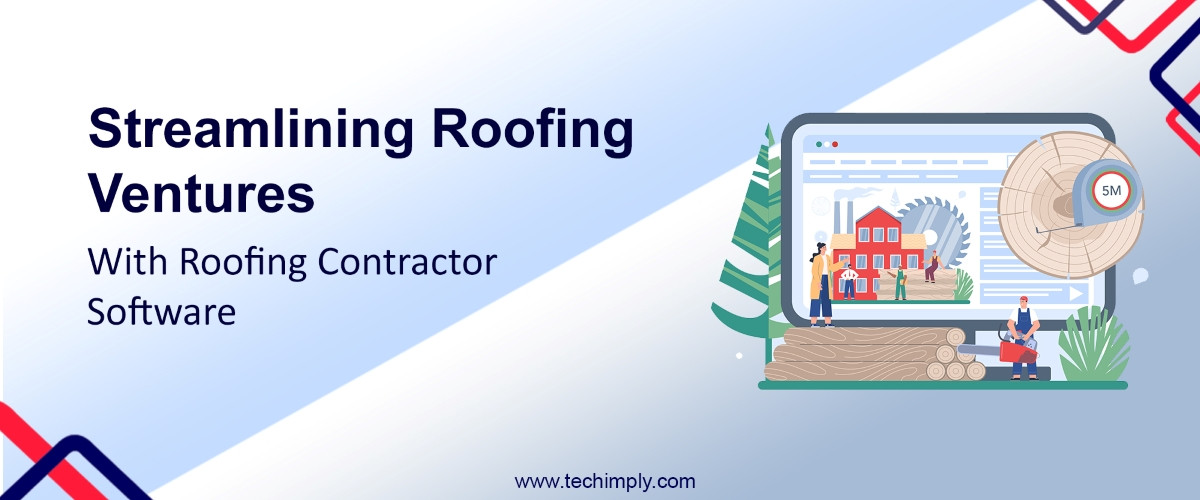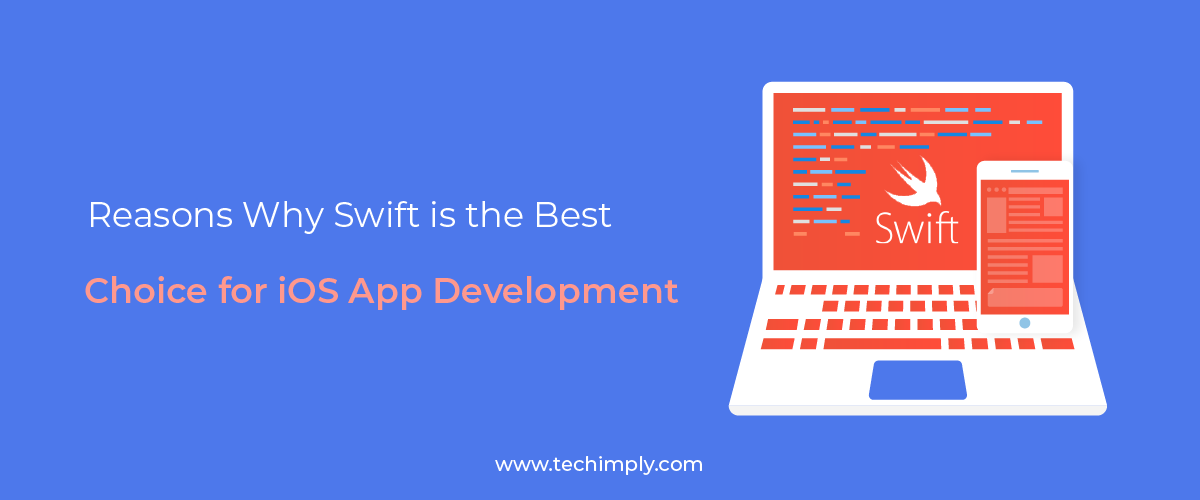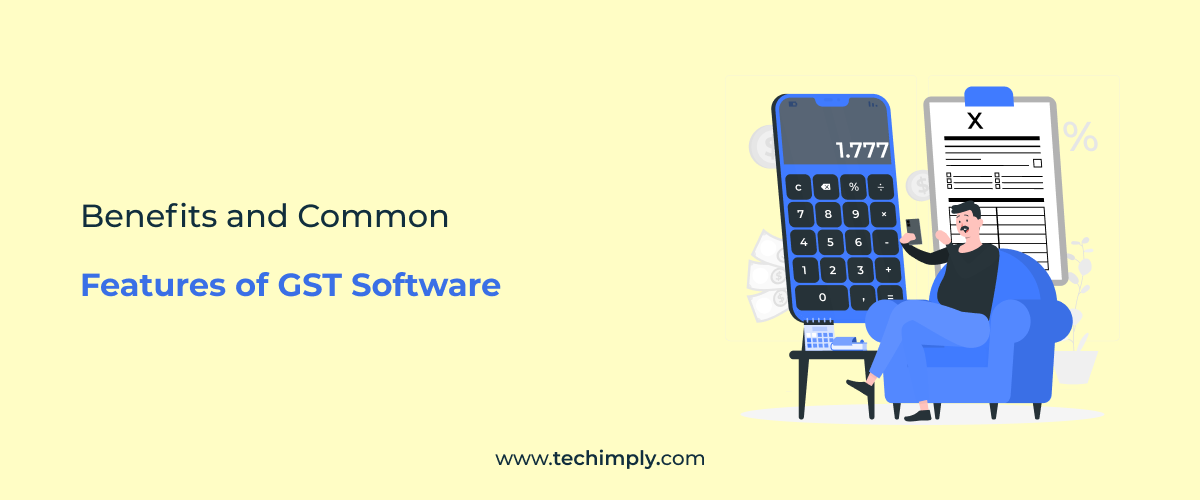While the headlines might focus on how tech innovations change digital enterprises, more down-to-earth businesses, like roofing companies, haven’t gone unchanged in the tech whirlwind of the past five years.
By and large, the biggest development in this industry has been the integration of roofing contractor software, which seeks to revolutionize the way roofing ventures are managed by improving efficiency and streamlining project management processes.
Managing a roofing business involves keeping constant track of numerous activities, such as material procurement, labor coordination, budget control, and progress monitoring. Traditional methods of handling these tasks often result in both time and resource constraints.
Roofing contractor software provides a comprehensive, one-stop solution by incorporating project management, scheduling, and document-sharing capabilities into one easy-to-use platform. This approach ensures seamless communication and coordination among team members, leading to enhanced productivity and reduced downtime.
Understanding The Impact Of Roofing Contractor Software
To understand how this new tech-enhanced paradigm is changing the roofing industry, we first need to get the lay of the land — by this, we mean looking at how this type of software has already impacted the roofing trade.
Although the changes are numerous and growing in number by the day, we’ll hone in on the two most potent areas of improvement — increased efficiency and reduced costs.
-
Enhancing Efficiency
Efficiency is at the core of any successful business, and streamlining operations, thereby making them faster and more accurate, is the core of efficiency.
By integrating tools such as customer relationship management platforms and project management software, contractors can focus on their areas of expertise, freeing up valuable time that would have otherwise been inefficiently allocated to what basically amounts to admin work, while at the same time benefiting from improved communications with clients, less downtime, and better collaboration within the company.
-
Cutting Costs
Besides enhancing efficiency in operations, roofing contractor software also helps businesses cut costs. With the right software, companies can optimize their resource allocation, reduce overheads, and automate procurement processes.
By embracing the latest project management strategies and leveraging advanced technologies, businesses can reduce labor costs as well as administrative costs and improve their overall margins
Apart from the straightforward benefits of expense reductions, businesses also get to benefit from a healthier balance sheet, allowing them to make use of time-sensitive opportunities in a timely manner — not to mention the fact that increased liquidity helps shoulder the burden of (inevitable) unexpected expenses.
Key Features Of Effective Roofing Contractor Software
While roofing contractor software might sound like a niche product, it most definitely is not. The roofing industry in the US alone is slated to grow from its current size of roughly $32.89 billion to a whopping $43.47 billion by 2028 at a compound annual growth rate of 4.7%.
With an ever-increasing demand for efficiency and quick project completion, staying ahead of the competition is more crucial than ever — and that’s exactly the niche this type of software fills.
-
Job Scheduling And Management
An effective roofing contractor software should have robust job scheduling and management features. This ensures that projects are properly organized, allowing for the more efficient assignment and tracking of tasks.
Contractors can easily monitor their team's progress, ensuring that deadlines are met and projects are completed on time. For instance, all-in-one roofing CRM software helps streamline project management and improve communication among team members, while also automating onboarding, material acquisition orders, outreach, and billing.
-
Invoicing And Estimation Tools
Another crucial feature of reliable roofing contractor software is invoicing and estimation tools. These digital solutions help contractors create accurate and professional estimates for their clients, resulting in an overall smoother sales process.
They also assist in generating comprehensive invoices, making it easier to track payments and outstanding balances. With these tools, contractors can better manage their finances and maintain a healthy cash flow.
-
Materials And Supplies Management
Lastly, effective roofing contractor software should include materials and supplies management capabilities. By keeping an accurate inventory of materials, contractors can prevent running out of essential supplies and avoid the unnecessary impasses that so often lead to project delays.
This feature also allows them to easily track and order materials directly from suppliers, saving both time and money. Overall, managing materials and supplies helps maintain optimum efficiency at all times and ensures successful project completion.
Role Of Technology In Streamlining Roofing Ventures
The roofing industry has seen significant advancements in recent years owing to tech advances and changing customer preferences. From Pennsylvania solar panels and reflective roof coating to sustainable materials and vegetated roofs, expectations have shifted dramatically.
Moving over from the customer side of things, when it comes to roofing businesses, contractor software is a prime example of this, transforming the way roofers manage their projects and operations. This technological shift positively impacts project efficiency, customer service, and overall business performance.
-
Mobile Accessibility
One of the most comprehensive ways in which technology is changing the roofing business is through ubiquitous smartphone usage.
As most roofers operate from various job sites, having access to vital project information on the go is essential. Mobile applications enable contractors to:
-
Access project data anytime, anywhere
-
Schedule tasks and projects
-
Monitor budgets and expenses
-
Communicate with team members
This kind of access significantly improves productivity, reduces communication gaps, and ensures that project information is always up-to-date.
-
Integration with Existing Systems
The ability to integrate roofing CRMs with existing systems is another considerable advantage of roofing contractor software.
With many businesses utilizing a variety of tools for different operations, being able to integrate roofing software with CRM and accounting software simplifies data exchange and streamlines processes. If your business is complex, integrating all those tools might be a challenge — thankfully, making use of ERP consulting allows you to outsource the finer points to tech-savvy specialists.
By integrating all of your software solutions into a unified system, your business can see improvements in various areas:
-
Enhanced efficiency
-
Time savings
-
Reduced data-entry errors
-
Enhanced collaboration between departments
Data Security and Cloud-Based Solutions
Finally, data security and cloud-based solutions have become essential components for any business in this digital age. Roofing contractor software provides benefits such as:
-
Secure storage of sensitive data
-
Continuous data backup
-
Easy resource scaling and management
-
Improved disaster recovery capabilities
These features minimize the risk of data breaches and data loss while ensuring that roofing contractors can focus on what they do best — delivering quality work to their customers.
By leveraging the power of technology, roofing contractor software plays a major role in streamlining roofing ventures. With functions like mobile access, system integration, and data security, these solutions transform the way roofing contractors manage their businesses for long-term success.
Importance Of Training & Support In Maximizing Software Use
Whenever new tools are introduced to the workplace, whether they’re digital or not, training and support are crucial for ensuring a smooth transition and efficient use.
-
Online Guides and Tutorials
Online guides and tutorials prove to be an invaluable resource for both experienced and novice users of roofing contractor software. They often provide step-by-step instructions, covering a range of topics from software installation to utilizing advanced features. This facilitates an accelerated learning curve, as users can go back to these resources whenever they encounter challenges or need to refresh their understanding.
Moreover, video tutorials often accompany these guides, making the learning experience more engaging and easier to follow. Online forums and knowledge bases can also be helpful, allowing users to interact with fellow users or employees of the software company to address any concerns or problems.
-
Customer Support and After-Sales Service
Customer support and after-sales service play a vital role in maximizing the use of any software, including that of roofing contractor software. Users should prioritize software solutions that offer robust, timely, and accessible customer support via multiple channels like email, phone, and live chat. This ensures that they receive assistance to resolve technical issues and get clarifications on software features and functions at the earliest.
Additionally, after-sales service may include periodic updates and maintenance of the software to ensure its smooth functioning. Investing in a roofing contractor software solution that provides comprehensive after sales service ensures users can fully exploit its capabilities, leading to enhanced productivity and efficiency in their roofing ventures.
Selecting The Right Roofing Contractor Software
When choosing roofing contractor software, it's essential to consider factors that ensure success in streamlining your roofing ventures. Let’s discuss the two most vital aspects: budget consideration and scalability with future-proofing.
-
Budget Consideration
One of the primary factors in selecting a suitable roofing contractor software is your budget. There are numerous options available in the market, so it's crucial to have a clear understanding of how much you're willing to spend. To make an informed decision and maximize the benefit of your investment, consider the following:
-
Research the pricing structures of different software providers.
-
Determine the features that are essential for your business, and prioritize them when comparing options.
-
Evaluate the potential return on investment by considering how the software will help improve efficiency and revenue.
By carefully examining your budget and weighing your options, you can choose software that will meet your needs and fit within your financial constraints. It might take some shopping around, but you can make bank without breaking the bank.
-
Scalability and Future-Proofing
Scalability and future-proofing are critical when selecting roofing contractor software. It's essential to choose a solution that can adequately expand in tandem with your business and adapt to industry changes. To ensure scalability and future-proofing, consider the following:
-
Check if the software provides regular updates to stay current with the latest technologies and industry standards.
-
Verify if the software offers the ability to add new features or upgrade to more advanced modules as your business expands.
-
Analyze if the software can integrate with other tools and platforms you use or plan to use in the future, such as accounting software, CRM, or project management tools.
Keeping scalability and future-proofing in mind will ensure your chosen roofing contractor software aligns with your business growth and remains viable in the long run.
Conclusion
By integrating accurate estimation for time, materials, and finances, these software solutions can reduce human errors and improve project management. Moreover, by assuring seamless communication between team members and clients, such solutions foster an environment of transparency, thereby, strengthening relationships and boosting credibility.
Incorporating roofing contractor software can lead to streamlined workflow, as it facilitates easier scheduling and tracking of jobs, all of which result in more insightful decision-making and increased productivity. Adopting this technology can give businesses a competitive edge by catering to the ever-evolving industry demands, enabling them to excel in the roofing market.






